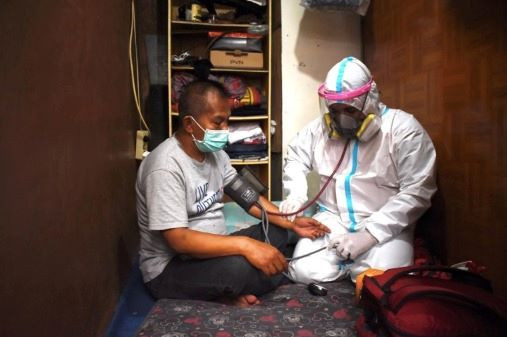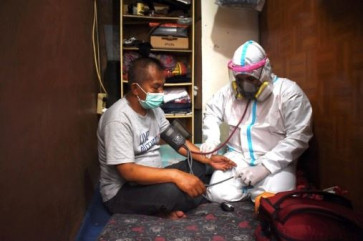Popular Reads
Top Results
Can't find what you're looking for?
View all search resultsPopular Reads
Top Results
Can't find what you're looking for?
View all search resultsA new vision for medical education: First, do good for humanity
A paradigm shift in medical education is necessary to prepare future health professionals for the post-pandemic reality, one that incorporates a holistic, cross-learning approach.
Change text size
Gift Premium Articles
to Anyone
During the COVID-19 global pandemic, we saw the worst and the best of humanity, science and medicine.
While healthcare professionals worldwide have been justly acclaimed as heroes, their performance and conduct were not universally praiseworthy. Inadequately supported by health authorities, some went on strike; most tried their best, but with mixed results.
The performance of the healthcare leadership was even more mixed: While some responded magnificently, others stumbled monumentally.
Paralyzed by indecision, misguided by poor advice or calloused by economic imperatives, health systems made misstep after misstep.
Societies have changed following the pandemic, and this has important implications for the future of medical education and the training of health professionals.
What key changes happened during the pandemic, and what do they imply for the future values on which medical education should be based globally?
First, the pandemic disproportionately affected the poor, vulnerable, marginalized and disadvantaged segments of society and exacerbated wide inequalities and class divides. This means that future health professionals need to possess a lens of equity and moral purpose based on empathy, ethics, fairness, human rights and social justice.



















